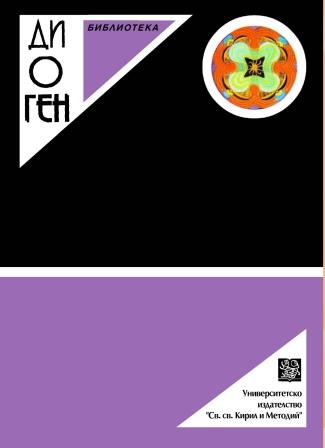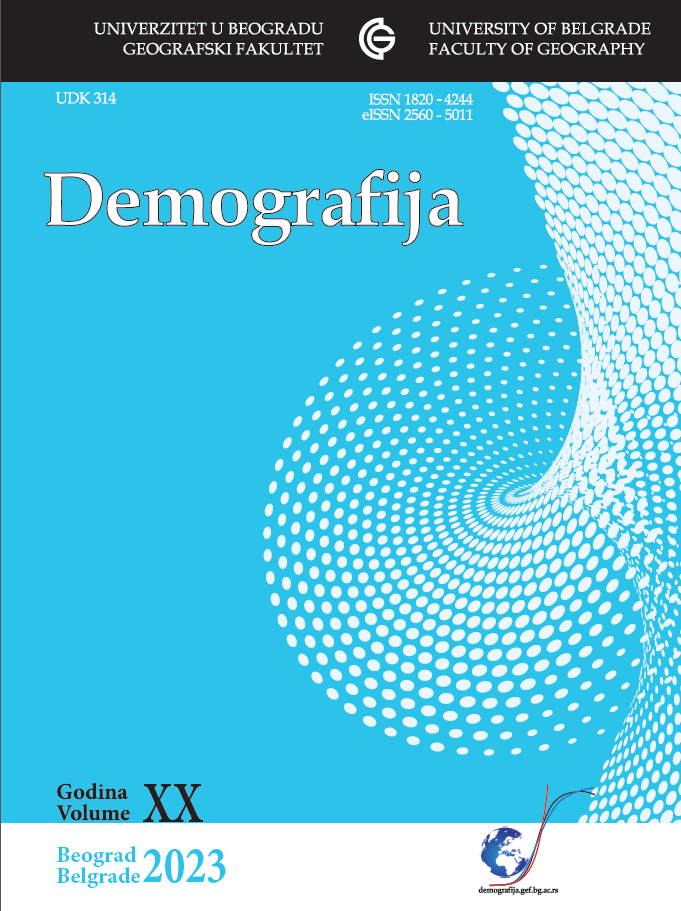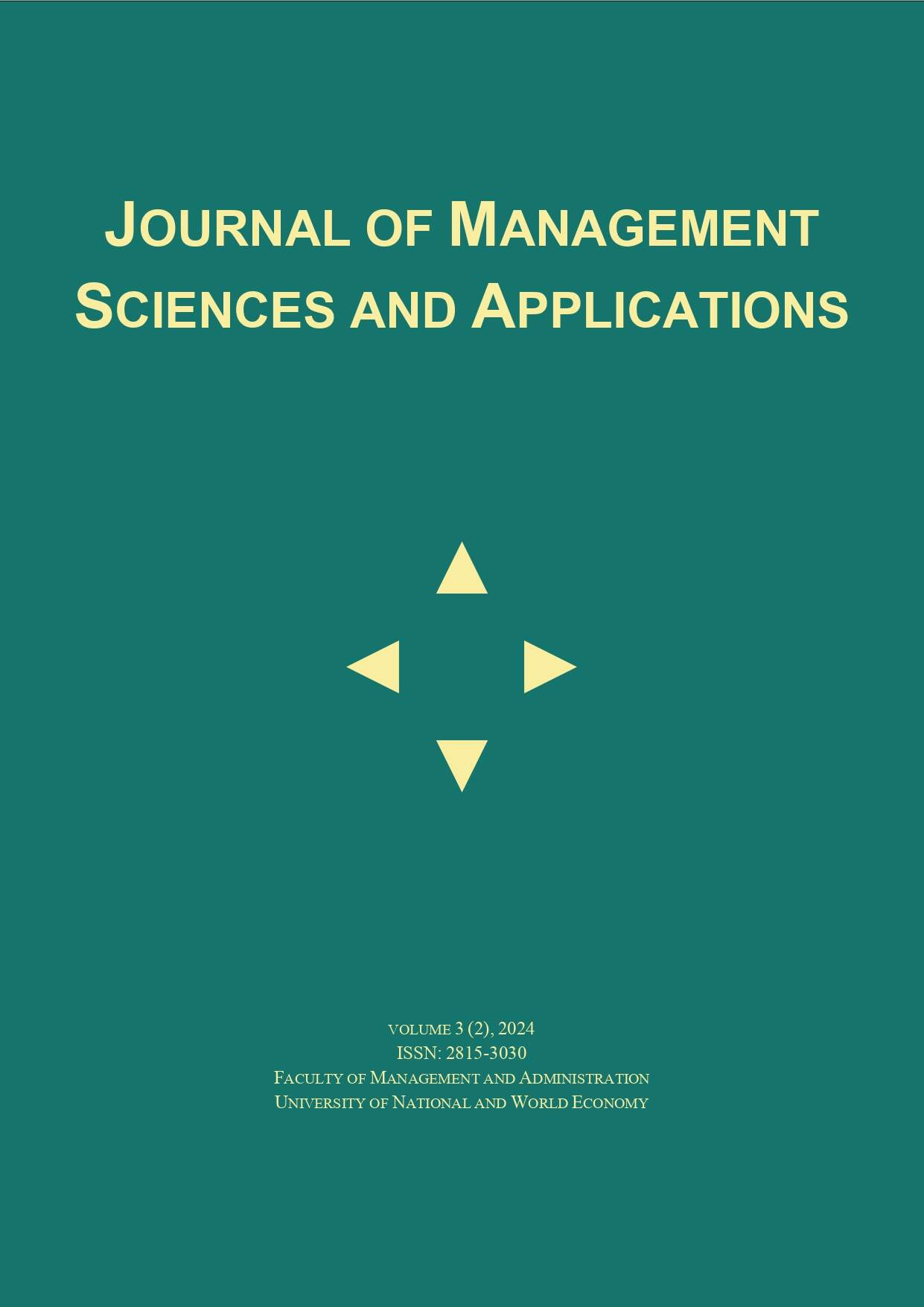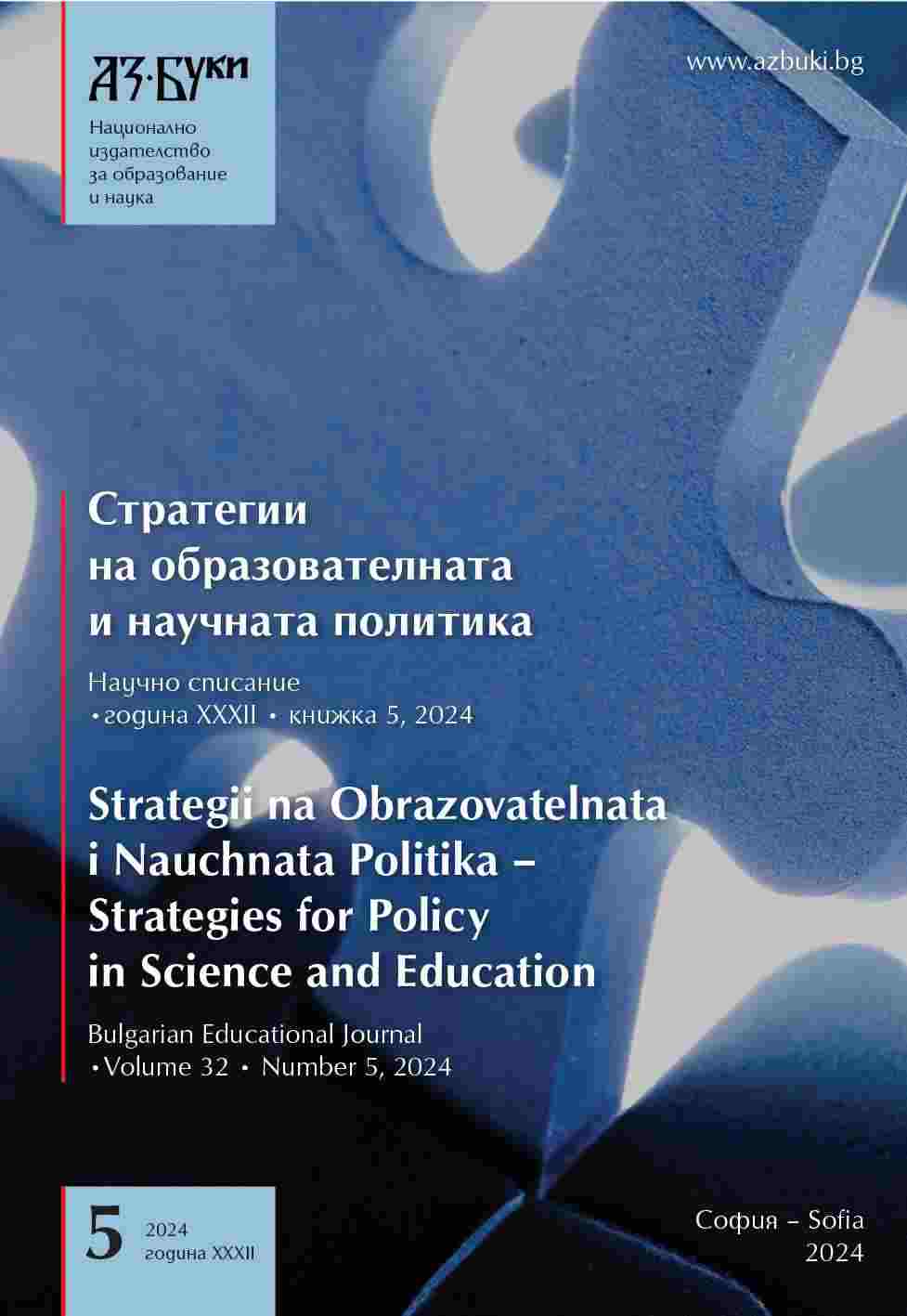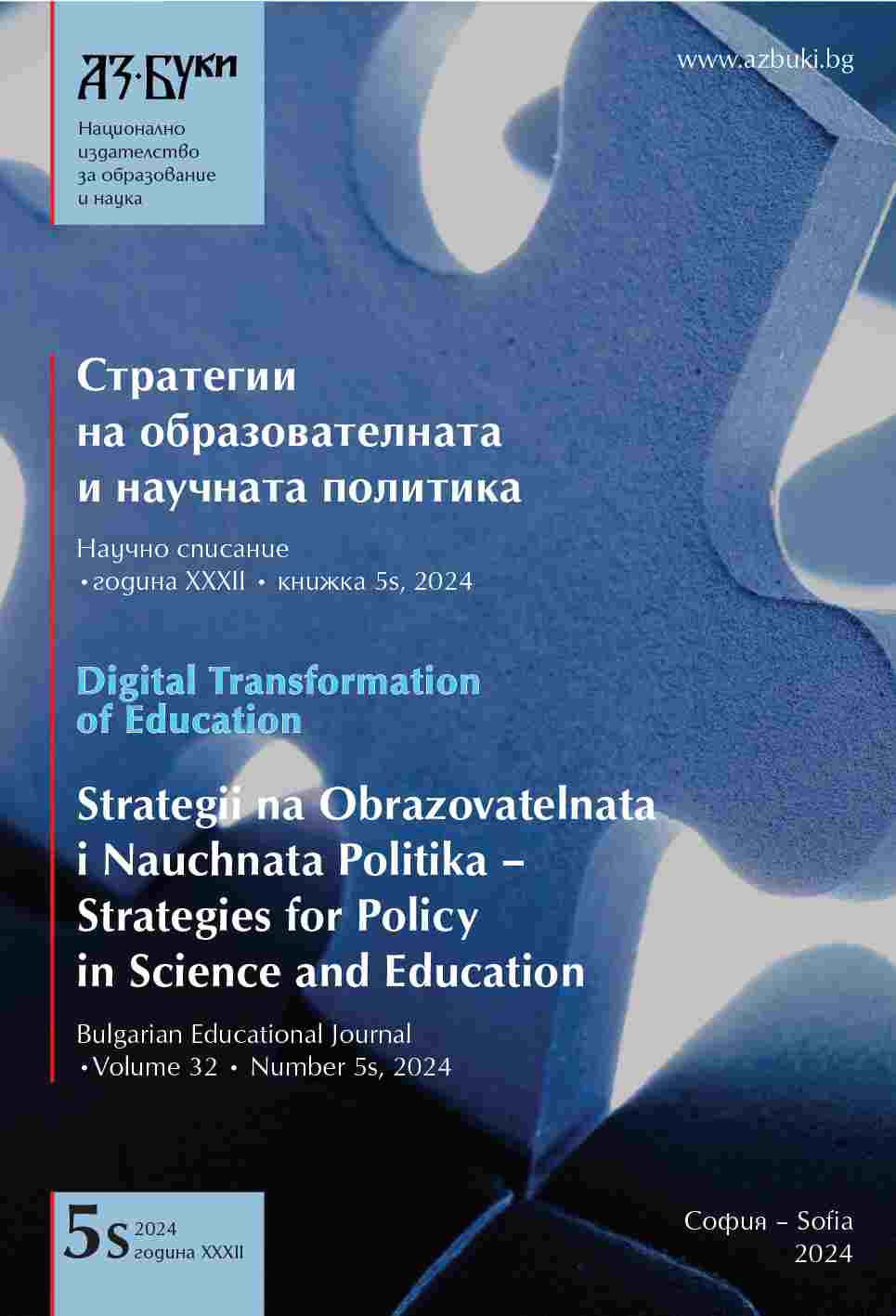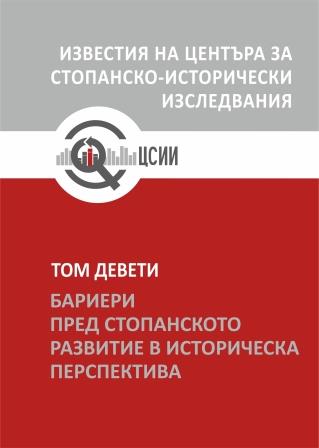
Connecting Ecologies: Egypt and the Balkans during the Climate Crisis in the Mid-1780’s
This article examines a brief episode from the Little Ice Age and its impact over the Ottoman empire during mid-1780’s. It aims to explore the transregional connections in the Eastern Mediterranean, driven by the adverse socio-economic consequences of climate stress after the eruption of Iceland's Laki volcano in 1783 –1784. The study tends to set up a series of causations illustrating how a certain global climatic event has considerable local socio-economic influences that test the Ottoman provisioning system and create a possibility for central administration to connect remote ecological zones in order to meet the necessities of food supply across the Mediterranean. Current scientific research utilizing archives of nature, such as dendrochronology, ice core analysis, sediment studies, and pollen analysis, provides insights into the past climate. This data corresponds with a range of written records meticulously maintained in archives of societies, with the most significant for this study being the documents preserved in the Ottoman archives. The written sources examined in this paper emphasize on the logistical coordination between two remote ecological zones: the Balkans and Egypt, situating this coordination within the larger context of political, economic, and social instability of the Ottoman Empire in a period of climatic stress. The Ottoman provisioning system of grain supplies connected food shortages in Egypt and the Hejaz to different agricultural areas in the Balkans and the Black Sea basin in order to mitigate the crisis in the Nile valley. Although this aid had a temporary effect, it nevertheless demonstrated the extent of the state’s administration ability to balance the natural resources across the vast territory of the empire.
More...
